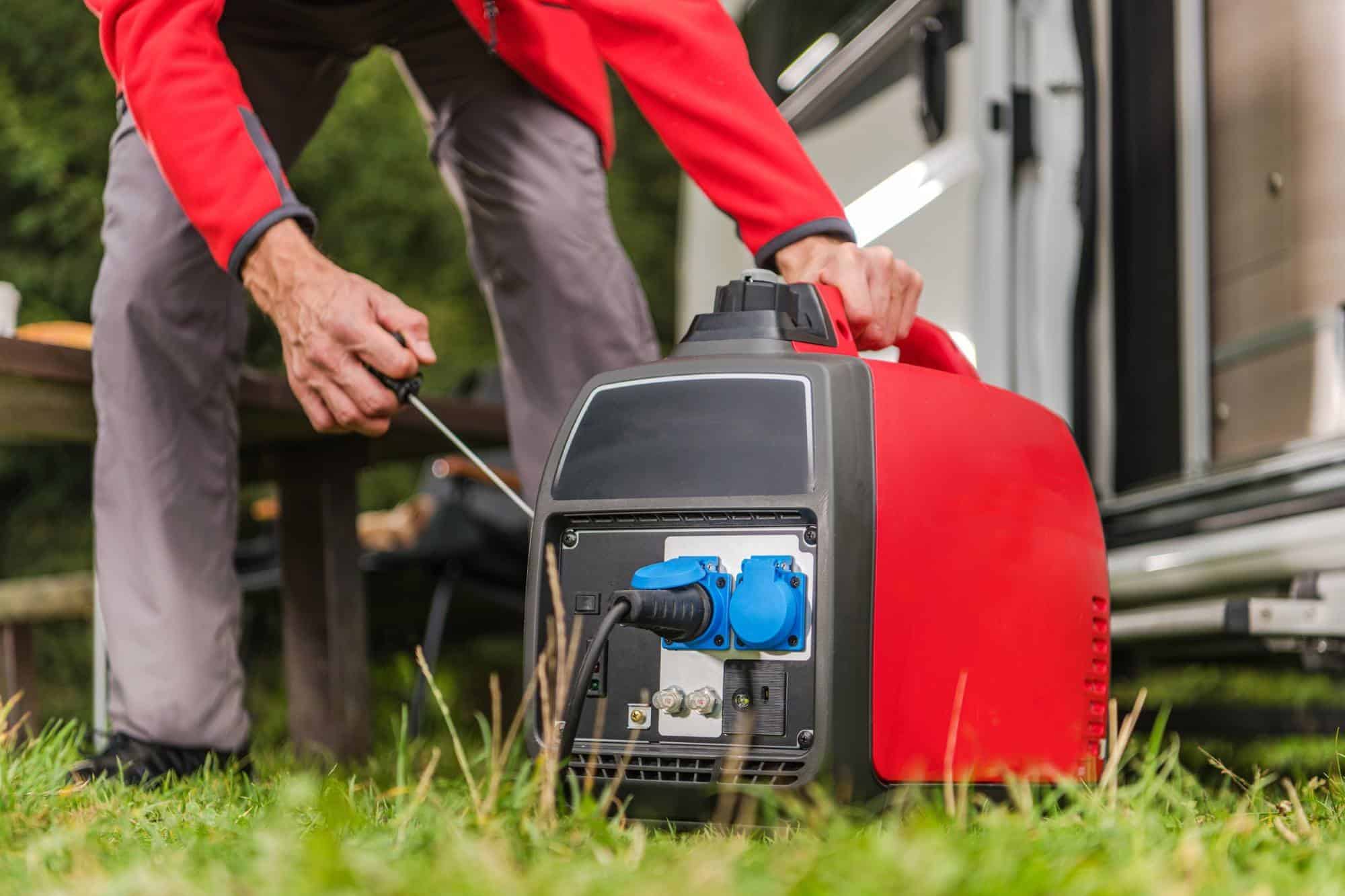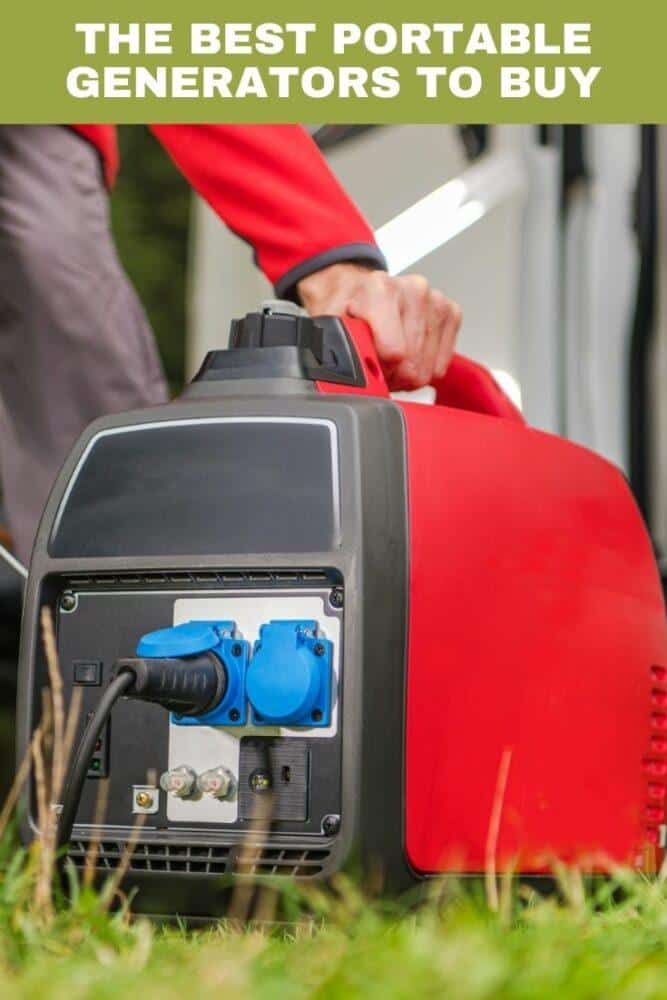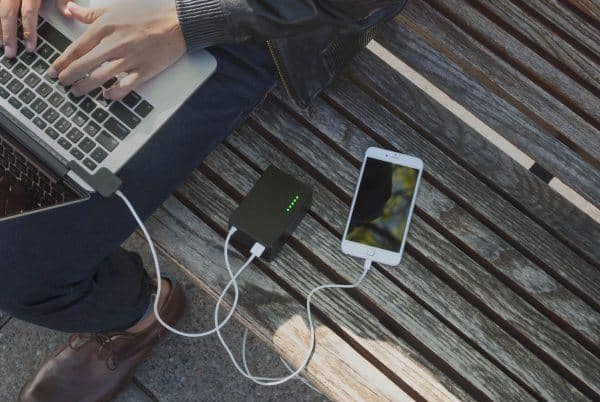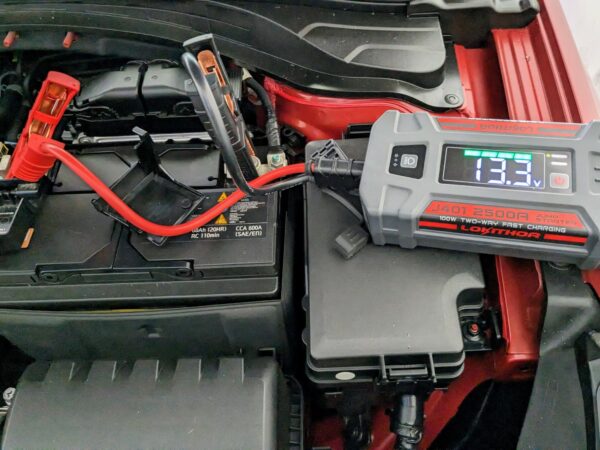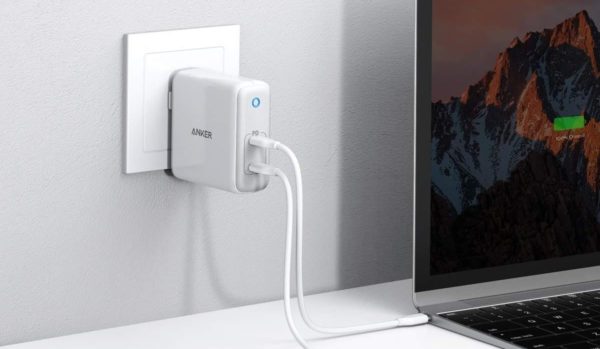The Best Portable Generators for Camping and Emergencies
We may earn a commission from purchases you make after clicking links on this site. Learn more.We take electricity for granted — until it’s not available. Whether it’s a surprise outage or a planned camping trip, not having power can be a real problem. Fortunately, portable generators provide a versatile option for keeping the current flowing whenever, wherever.
Most generators run on gasoline, some run on propane, and a few can use either. Key things to consider when shopping for one include its power output level (and what you can realistically run from it), noise level in decibels, weight and portability, and of course, its price.
Generators aren’t cheap, but that doesn’t mean you necessarily have to overpay for an expensive model either.
There are hundreds of portable generators on the market, so which do you choose? I’ve checked out all of the top models on the market right now, and come up with my picks for the best portable generators.
- Weight: 99.2 pounds
- Power Output: 3800 watts
- Fuel Type: Gasoline
- Runtime: up to 8.5 hours (half load)
- Outlets: 1x 120V TT-30R RV, 2x 120V AC, 1x 12V DC, 1x 5V USB
- Weight: 46 pounds
- Power Output: 1800 watts
- Fuel Type: Gasoline
- Runtime: up to 12 hours (economy mode)
- Outlets: 2x 120V AC, 2x 5V USB
- Weight: 22 pounds (generator), 9.1 pounds (each solar panel)
- Power Output: 1000 watts
- Fuel Type: Solar power/electricity
- Runtime: dependent on attached devices
- Outlets: 3x AC, 1x 12v DC, 2x USB C PD, 1x USB-A QC 3.0, 1x USB-A
- Weight: 162.5 pounds
- Power Output: 5500 watts
- Fuel Type: Gasoline or propane
- Runtime: up to 9 hours (gas), 6.5 hours (propane)
- Outlets: 1x 120/240V 30A RV (L14-30R,) 4x 120V 20A AC
- Weight: 95 pounds
- Power Output: 4500 watts
- Fuel Type: Gasoline
- Runtime: up to 9 hours (gas), 6.5 hours (propane)
- Outlets: 1x 120V 30A RV, 2x 120V 20A AC
Best Portable Generator: WEN 56380i

The WEN 56380i is a medium-sized portable generator that’s well suited to a variety of purposes.
Its quiet operation and runtime of up to 8.5 hours (at half-load) make it one of the best portable generators for home use, while its relatively compact size and wheeled design make it appropriate on the go as well. The collapsible handle makes both moving and storing the device easier.
This particular model is 3800 watts, but there are a variety of other versions of the same generator that go all the way up to 8750 watts. The WEN 56380i is EPA and CARB compliant, which means it can be legally used in all US states.
The unit is RV-ready, with a TT-30R RV outlet providing 28 amps of power. It also has a spark arrestor, which qualifies it for use in most national parks and forests.
As well as that 120V RV outlet, there are two three-prong 120V sockets, one 12V DC, and a 5V USB port. A digital wattage meter shows real-time data on voltage, wattage, fuel supply, run-time, and more.
The only real downside of this unit is the weight to wattage ratio. At 99.2 pounds, the generator is fairly heavy for its capacity. With that said, the strong handle and wheels make it relatively easy to transport.
Pros
- Moderate size
- EPA III and CARB Compliant for use in all US states
- Handle and wheels for easy transportation
- Runtime of up to 8.5 hours at half load
- Quiet operation
Cons
- Fairly heavy for its size/wattage
Best Quiet Portable Generator: Westinghouse iGen2200

Generators are useful, but they’re often quite noisy, which can cause issues regardless of where you use them. At campsites, you may get dirty looks; at home, complaints from neighbors. Fortunately, models like the Westinghouse iGen2200 are specifically designed for quiet operation.
The noise output on this unit is as low as 52dBA. That’s about the noise level that a household refrigerator might make, according to data from Yale University. Of course, this is the quietest it can run. Noise output may be higher, depending on what you’re using the generator for and how hard you’re pushing it.
The Westinghouse is rated at 1800 running watts and 2200 peak watts. This is enough to run kitchen and other home appliances, but is insufficient for power-hungry activities like running an RV.
It has two 120V outlets and two USB ports, which is somewhat limited. Combined, these two factors mean that the Westinghouse iGen2200 is best used as a home backup or lightweight camping generator.
This model is also quite fuel efficient. It has a small tank of just 1.2 gallons, but that can still give a runtime of up to 12 hours in fuel-efficient “Economy Mode.” It’s also compact and portable, at just 46 pounds, and comes with a three-year limited warranty.
The downsides of this unit include that lack of outlets (it only has 120V outlets and USB ports), and a few more quality control issues than we’d like to see. There are several reports of issues with a sputtering or rattling noise, which obviously disrupts the “quiet” operation of the unit.
Pros
- Quiet operation as low as 52 dBA
- Up to 12 hour runtime from 1.2 gallon tank (gas-powered)
- Can be paired with select other Westinghouse generators to boost wattage
- 3-year limited warranty
Cons
- Some units have sputtering/rattling noise issues
- Limited number and type of outlets
Best Portable Solar Generator: Jackery Explorer 1000 + SolarSaga Solar Panels

Most generators are gas-powered, while some run on propane. But what if you’re off-grid, or simply trying to be more eco-friendly? The Jackery Explorer 1000, paired with the Jackery SolarSaga 100W solar panels, may be your solution.
The Jackery Explorer 1000 (our full review here) isn’t really a true generator (unless paired with the solar panels). It’s more like a huge power bank, storing an impressive 1002Wh of juice with an output of up to 1000W. The Jackery can recharge from a normal AC outlet in around seven hours or a vehicle accessory port in ~14 hours.
For off-grid use, though, it’s best when paired with solar panels. When using two 100W panels, the Jackery can charge in around eight hours with good sunlight. Charge time jumps to 17 hours when only one panel is used, and inclement weather will slow things down as well.
The output is up to 1000W, which is adequate for most smaller devices and appliances, but insufficient for powering an RV, or even for running a microwave oven, hair dryer or induction cooker.
This lower output is one disadvantage of this unit; the other is the cost. The Jackery isn’t cheap, and to really utilize it fully, you’ll want the solar panels which are sold separately or as part of a bundle.
If you can spring for the higher price tag, though, and want near-endless, silent power while off-grid, the Explorer 1000 is an excellent choice. If price is holding you back, keep in mind that Jackery also has a variety of cheaper models available, albeit with lower capacity and output.
Pros
- Easy to set up and use
- High power storage capacity
- Silent operation
- Power small appliances, TVs, CPAP units, and more
- Fast charging time from solar panels
- Can also recharge from AC outlet (7 hours) or vehicle accessory ports (14 hours)
Cons
- Solar panels come at additional cost
- Expensive
- Lower output than others on this list
Best Portable Dual Fuel Generator: Champion 5500-Watt Dual Fuel Portable Generator

Most generators run on gas or propane, but the Champion 5500-Watt Dual Fuel Portable Generator can run on either. This provides more flexibility, letting you quickly switch over to propane if you run out of gas, and vice versa.
A patented fuel selector switch allows you to safely switch between the two fuel sources, while the “Intelligauge” keeps track of voltage, hertz, etc. That said, the display shows less information than many others on this list.
Cold-start technology allows this unit to fire up quickly even in chilly conditions. It’s a manual (recoil) start, but is efficient and doesn’t take too much muscle. Moving the generator, on the other hand, just might: it weighs 162.5 pounds. Fortunately it’s on wheels, but the lack of a long handle does make it a bit tricky to move around.
Outputs on this unit include one 120/240V 30A locking outlet (L14-30R) and four 120V 20A outlets. The generator comes with a three-year warranty, plus lifetime technical support.
The downsides to this generator are its noise level (it’s listed at 74dB, but tests as high as 81.5dB when using gas), and its weight and difficulty of transport. The noise level may be an issue for use while camping, as might loading, unloading, and moving it around.
Pros
- Can run on gasoline or propane
- 3-year warranty and lifetime technical support
- Intelligauge display keeps track of voltage, hertz, etc
- Display lists total hours used, which is useful for keeping up with maintenance recommendations
Cons
- Can be loud – listed at 74 dB but tests as high as 81.5 dB on gas power
- Heavy
Get regular updates from the world of travel tech and remote work
News, reviews, recommendations and more, from here and around the web
Best Portable Generator for RVs & Camping: Champion 4500-Watt Portable Inverter Generator

To power appliances and electronics in an RV, generators need to have RV-specific outputs. They also must be relatively quiet in order to not bother fellow campers.
The Champion 4500-Watt Portable Inverter Generator fits the bill nicely thanks to the 120V 30A RV output, along with a 12V DC socket and two 120V 20A standard household outlets.
The Champion is relatively quiet as well, rated at 61dB. It can provide power for up to 14 hours using a full 2.3 gallon tank of gasoline. There is also an economy mode for better fuel efficiency, which may be useful depending on how much power you’re drawing.
Like the other Champion model mentioned above, this unit comes with a three-year warranty and lifetime technical support. The only downside is the weight to output ratio: the unit weighs 95 pounds, which is fairly heavy for a 4500W generator.
Pros
- RV Ready – 120V 30A RV, and two 120V 20A household outlets
- Quiet (61 dB)
- Up to 14 hour runtime on 2.3 gallons of gas
- 3-year warranty and lifetime technical support
- Economy mode for enhanced fuel efficiency
Cons
- Fairly heavy (95 lbs)
Main image via Virrage Images/Shutterstock.com, product images via Amazon

